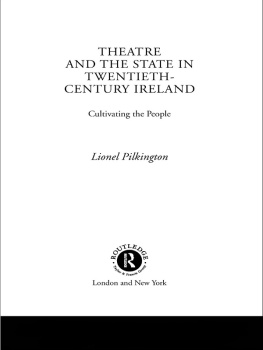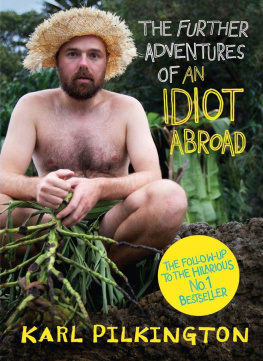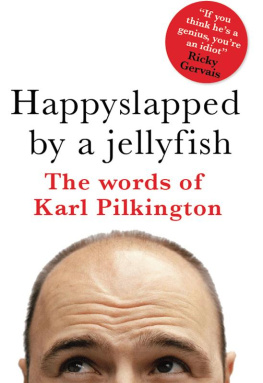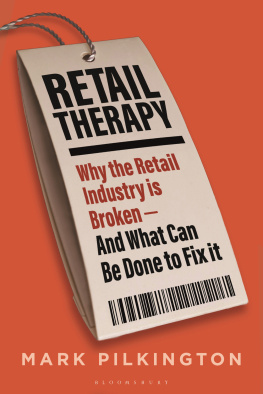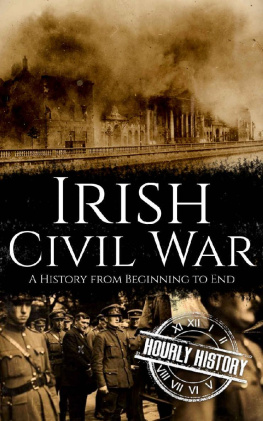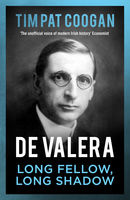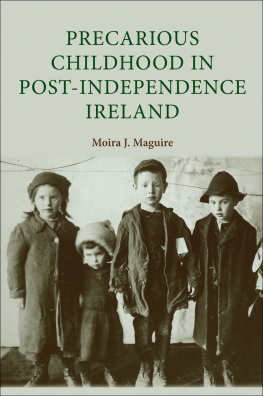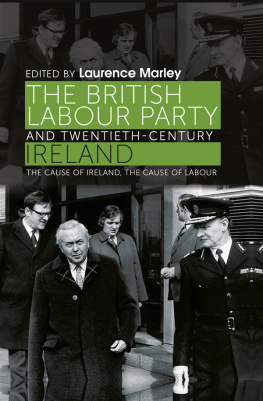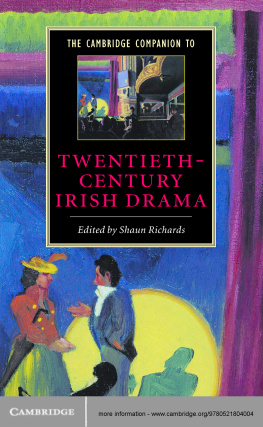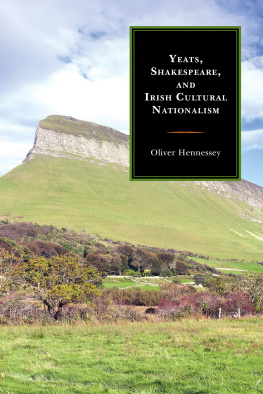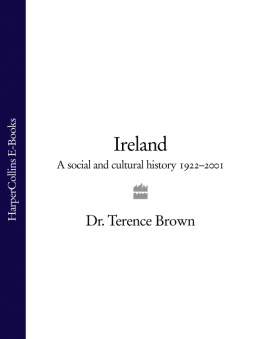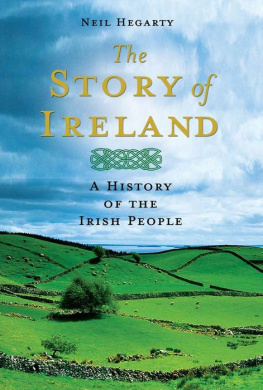ACKNOWLEDGEMENTS
It is a pleasure to acknowledge the many debts incurred in the course of writing and researching this book. By far the greatest of these for solidarity, support and daily sustaining happiness is due to my wife Elizabeth and to our son Colin. This book is for Elizabeth and Colin, without whom it could not have been written.
Barra Seaghdha and Gearid Tuathaigh devoted much time (and, I suspect, even more patience) to the reading of an entire early version of the book. Both have been unfailingly generous in providing helpful support and advice over a long period. More recently, I am indebted to my colleague Adrian Frazier and to my dear friend Patricia Palmer. In both cases, their detailed readings of individual chapters have been perceptive and very helpful.
I would like to thank a great many archivists and librarians for their courtesy and professionalism during my research. My thanks, in particular, to Marie Boran, Bernie Finan, Kieran Hoare, Pauline Nic Chonaonaigh,MarieReddan,andtoallthe staffof theJamesHardiman Library at NUI, Galway; to Mairead Delaney of the Abbey Theatre; to Robert Bell, Ophelia Byrne and Yvonne Murphy of the Linenhall Library, Belfast, to Caitriona Crowe and Tom Quinlan of the National Archives, Dublin; to Elizabeth Kirwan and Colette ODaly of the National Library of Ireland; to David Sheehy of the Dublin Diocesan Archives in Drumcondra, Dublin; to Jane Maxwell of the Manuscripts Room, Trinity College, Dublin; to David Lammey, Trevor Parkhill and Oonagh Warke of the Public Record Office of Northern Ireland (PRONI); to Samus Helferty of the Archives Department, University College Dublin; to Helen Davis of the Special Collections Department at University College Cork; to Brd Loan of the Northern Ireland Arts Council in Belfast; to Kate Targett of the Plunkett Foundation in Long Hanborough, Oxford; to David and Loretto Koch of the Morris Library, Southern Illinois University at Carbondale, Illinois; to the librarians of the Berg Collection at the New York Public Library. In addition, I am especially grateful to Mary and Pearse OMalley, and to their son Conor, for hospitality, information and many days of excellent conversation in Booterstown.
I am also grateful to the following individuals for their generous and varied assistance: Dan Baron Cohen, Kevin Barry, Kathleen Burke, Caitriona Clear, Mary Clark, Sle de Clir, John Devitt, Roger Dixon, Tony Doherty, Ann Dooley, Angela Eborall, James Ellis, Charles Fanning, Peter V. Farrelly, Brian Ferran, Garrett FitzGerald, Tadhg Foley, Roy Foster, Andrew Gailey, Luke Gibbons, John Gray, Barbara Harlow, Mary Harris, Sen Kennedy, John Killen, Su-ming Khoo, Padraic Lenihan, David Lloyd, Eoghan MacCormaic, Mchel MacCraith, Hubert McDermott, Kathryn Mullen, Caoilfhionn N Bheachin, Margaret OCallaghan, Niall Cosin, Niall Dochartaigh, Philip OLeary, Tom OMalley, Christopher Morash, Catherine Morris, Tom Moylan, Ray Murphy, Trevor Parkhill, James Pethica, Michael Sidnell, Elizabeth Solterer, Sen Ryder, Elizabeth Tilley, Roma Tomelty, Karen Vandevelde, Tony Varley, Gauri Viswanathan, Oonagh Warke and Des Wilson.
Parts of Chapter 2 are adapted from Every Crossing Sweeper Thinks Himself a Moralist: the Critical Role of Audiences in Irish Theatrical History; in Irish University Review 27(1) (1997) 15265, parts of Chapter 7 are adapted from Theatre and Cultural Politics in Northern Ireland: the Over the Bridge Controversy, 1959 in ire-Ireland 30(4) (1996) 7693 and parts of Chapter 8 are adapted from Language and Politics in Brian Friels Translations in IrishUniversity Review 20(2) (1990) 28296. I am grateful to Christopher Murray of the Irish University Review and to Philip OLeary of ire-Ireland for permission to republish.
I wish to record my gratitude to the Arts Council of Northern Ireland and to its former Chief Executive, Mr Brian Ferran, for permission to quote from ACNI documents and to the Deputy Keeper of the Records of the Public Record Office of Northern Ireland for permission to cite from selected PRONI files. I am grateful to the Trustees of the National Library of Ireland for permission to reproduce for the books front cover a copy of the 19312 Cumann na nGaedheal election poster, The Shadow of the Gunman.
Finally, I would like to pay special tribute to Talia Rodgers of Routledge for commissioning this book in the first place, for soliciting such outstandingly helpful readers reports, and for waiting so very patiently for the manuscript to arrive. To Talia, and to her assistant, Rosie Waters, my sincere thanks.

